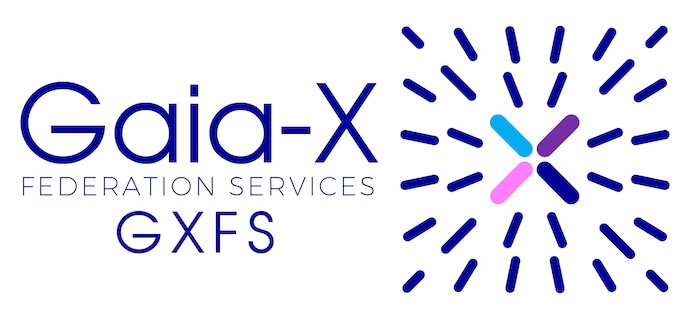The latest GXFS Whitepaper “Analysing the SSI World” sheds light on the world of Self Sovereign Identities (SSI) as a key concept in the Gaia-X and GXFS ecosystem. The Whitepaper provides comprehensive insights and emphasises the importance of broad engagement to advance the SSI concept.
Identity and Trust services based on the SSI concept enable handling of decentralised identities and digital trust establishments for identities and assets. The decentralised identity management based on W3C Verifiable Credentials and Distributed Identifier (DID) enables Gaia-X Participants to keep control over their digital identities. The Whitepaper introduces the reader to these key concepts of SSI.
Technologies
It is examined how information is exchanged in the SSI world and which technologies play a role in this. It is shown that the DIDComm messaging protocols v1 and v2 are the most commonly used methods, followed by the emerging alternative OpenID Connect. The Whitepaper also covers an explanation of the differences between blockchain technologies, distributed ledger technologies and centralised approaches.
Cryptography
Modern and traditional encryption methods are reviewed critically and a look into the future is provided to discuss potential challenges posed by quantum computing.
Wallets
In the SSI environment, personal information is stored securely in so-called wallets. The experts have examined various wallet concepts, such as edge wallets, cloud wallets and hybrid solutions, and provide a comparison of eight SSI wallet providers.
Permissions
The question of how to revoke authorisations is explored and various options are highlighted. Special attention is given to trust in the data and how different systems, including certificate chains and authorisation chains, ensure security. Comparisons are also drawn between established approaches and modern decentralised systems.
The Whitepaper illustrates, that SSI is still an emerging concept with challenges in terms of integration and collaboration. At the same time, many people and organisations are working to further develop and shape this emerging ecosystem that can serve as a basis for future-proof, decentralised digital cooperation.
